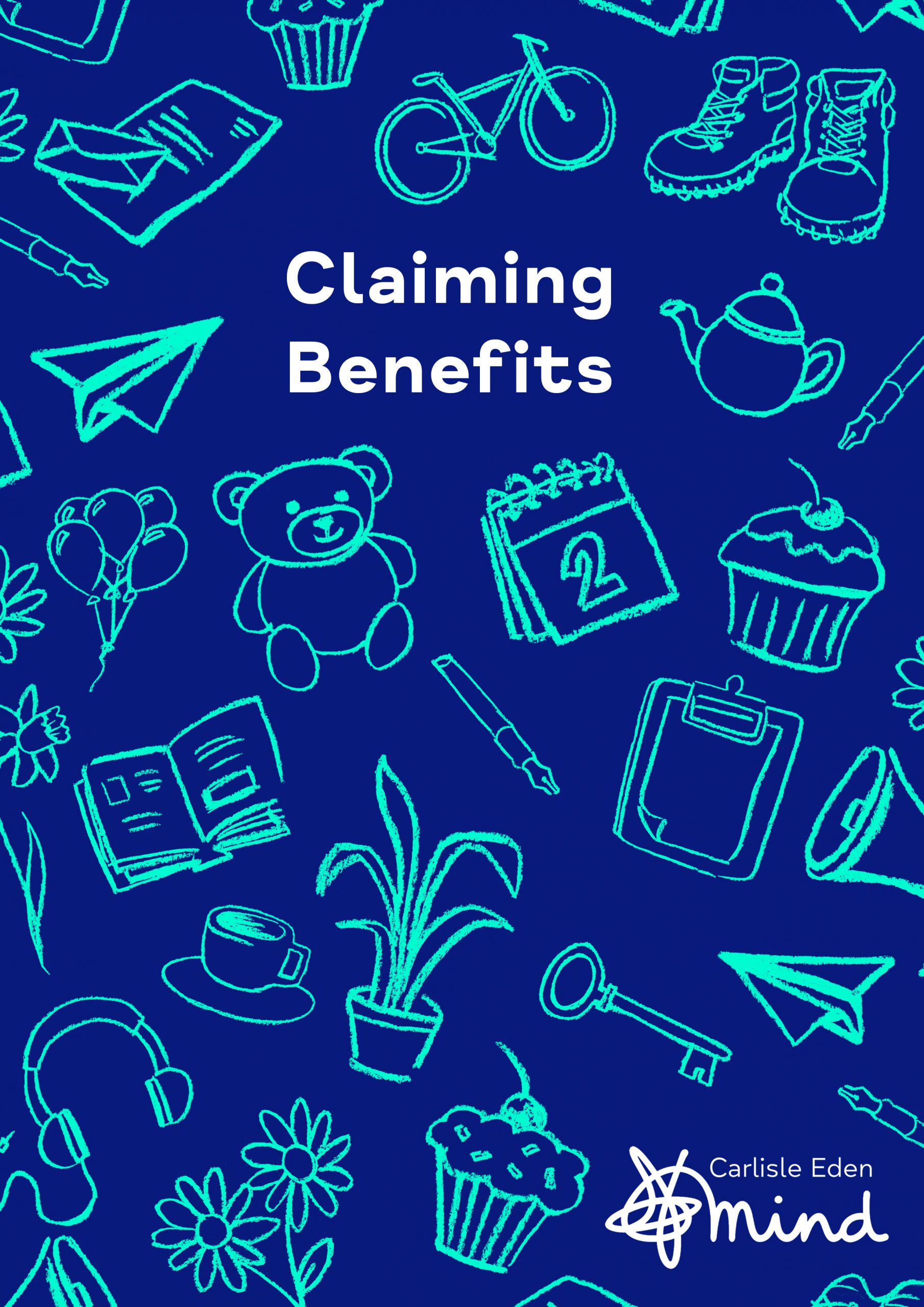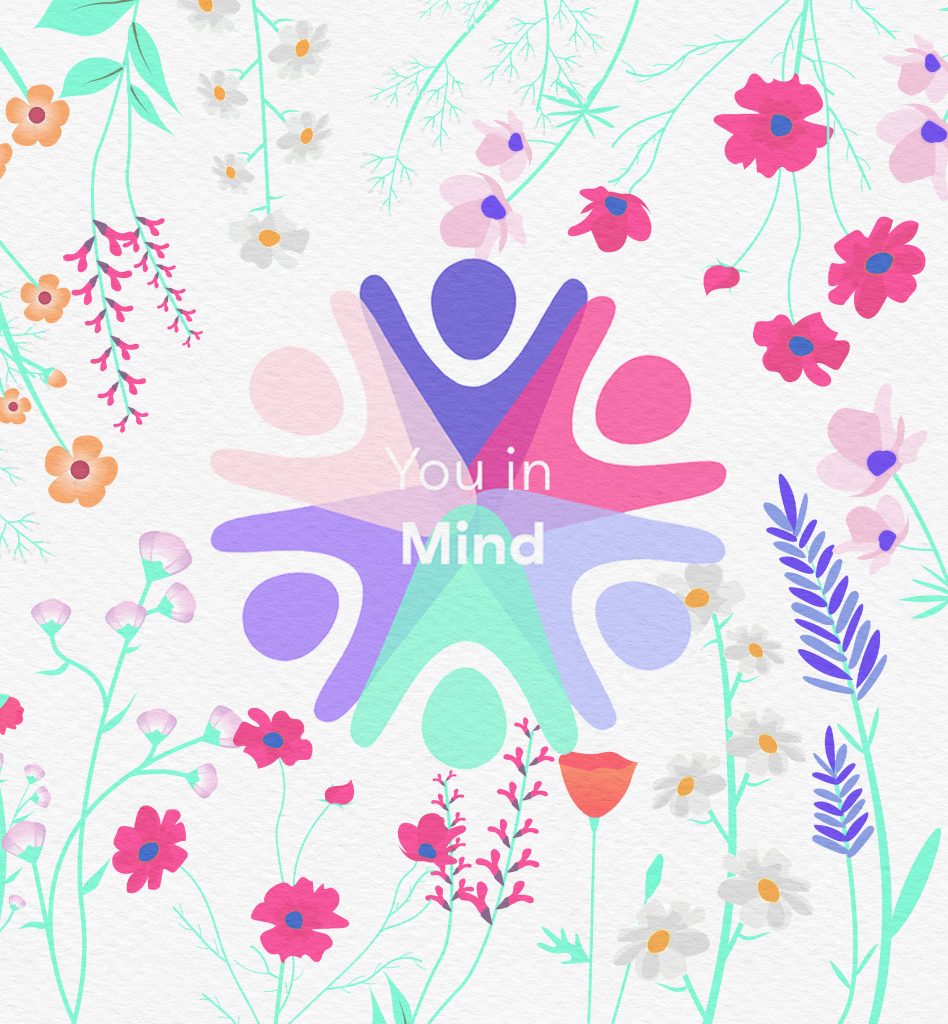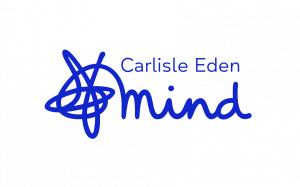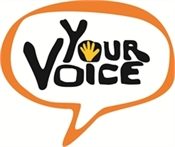
We know it can be hard to access benefits. Often the media, or other people’s views, makes it feel like there’s a stigma attached to benefits. Some people have misconceptions about why we need benefits, and what they’re used for.
For many of us with mental health problems, it can feel like the whole benefits system isn’t designed to meet our needs.
But it’s important to know that benefits are there to support you. You have a right to claim them if you’re struggling to manage or just need that bit of cash to get you back on your feet financially.
Even though the system is hard to navigate, there are lots of places where you can get support and information to help you with your claim.
Please download this PDF full of information.
“It’s OK to claim benefits and to spend money on yourself. Never be afraid to seek advice or help.”
Benefits are there to help you. Do not feel bad for claiming benefits
Which benefits could I claim?
You may be able to access several benefits if you have a mental health problem. Benefits can help you pay for day-to-day costs, like food, rent and childcare. And you can claim some benefits even if you’re working. Find out which benefits you could claim by:
- Speak to You in Mind. If you are struggling with your mental health and have more questions about claiming benefits, contact You in Mind.
- Reading this list of benefits you could claim if you have a mental health problem.
- Using a benefits calculator. Lots of places have benefits calculators which tell you what benefits you could be claiming and how much you might receive.
Cost of living and benefits
If you’re receiving certain benefits, you may be able to get a payment to help with the cost of living. If you’re eligible, you’ll be paid automatically, so you don’t need to apply.
You’ll get either:
- A cost of living payment if you’re on low income benefits like Universal Credit
- A disability cost of living payment if you receive disability benefits like Attendance Allowance
- A pensioner cost of living payment if you get the Winter Fuel Payment
Find out if you’re eligible and how much you could get on gov.uk.
What’s the benefits process like?
Watch national Mind’s video of Laura, Paul and Hameed talking about applying for benefits when they were struggling with their mental health. They talk about what made them apply, what the process was like, and what they wish they’d known before applying.
Moving to Universal Credit from other benefits
Universal Credit is gradually replacing these benefits:
- Housing benefit
- Income Support
- Income-based Jobseekers Allowance (JSA)
- Income-related Employment and Support Allowance (ESA)
- Child Tax Credit
- Working Tax Credit
To move over to Universal Credit, the Department of Work and Pensions (DWP) may get in touch with you to ask you to make a claim for Universal Credit – this is a process known as managed migration. You don’t have to apply for Universal Credit until the DWP asks you to.
The Mental Health and Money Advice website has information on moving over to Universal Credit, including how the move will affect your other benefits.
Filling in benefits forms
For most benefits, you’ll have to fill in a form before you’re able to receive any money.
This can be daunting, and it might be hard to know where to start. Here are some tips for filling in forms:
- If the form is in a format you find difficult, see if you can fill it out another way. For example, you can get some forms in larger text, sent as hard copies in the post, or you can complete some over the phone.
- Check the deadline for when you need to return the form, and put the date somewhere you will remember. If you need more time, contact the Department of Work and Pensions (DWP) as soon as you can to let them know you need extra time.
- If you can, find a relaxing space to complete the form. Take regular breaks, as it can feel upsetting to write the information down. Try to do something nice for yourself once you’ve finished.
- Take time to read through the form and make sure you understand the questions before filling it out. Read over your answers again when you have completed it.
- Ask a family member or friend to help you complete the form.
- Some forms will ask for evidence of your mental health problem. Evidence could be things like doctor’s letters, prescriptions, statements from friends, family or co–workers, or photographs from around your home. It’s helpful to check what evidence you need, and get copies. The Mental Health and Money Advice website has more information about the evidence you need to support a benefits claim.
- Get help if you need it. Charities like Citizens Advice and Scope can look over a draft for you, or they can help you write the entire form.
Find out how to fill in the form for:
“The application form is so stressful. I found it really difficult to navigate, so I went to the job centre and thankfully they helped me.”
Benefits assessments
For some benefits, you’ll have to go to an assessment to make sure you meet the criteria to receive that benefit.
You might be worried about the assessment, and that’s understandable. Lots of people have told us it can be hard to know what to expect at the assessment, or know how to answer the questions.
Find out more about what happens at the assessment for:
See our information on how to manage stress if you struggle a little with applications.
Appealing a benefits decision
You might have applied for benefits and been unsuccessful. This can be frustrating, especially if you’re not sure why you weren’t eligible.
However, you can appeal a decision if you think it was wrong. Even if it feels off–putting, or you’re worried about being turned down for a second time, it can still be worth trying. Remember, it’s completely within your rights to appeal a decision you think is wrong.
The Mental Health and Money Advice website has more information on how to appeal a benefits decision.

If you are currently experiencing a financial crisis and it is affecting your mental health, contact You in Mind.
You in Mind is committed to raising awareness of alternatives to crisis and working together with our clients to make positive changes and ensure healthy outcomes.
We help to provide a holistic service to people in order that they get their needs met and find strategies to better manage their mental health.
We are a free and confidential service to anyone in Carlisle and Eden.
Call: 01228-370633
Email: youinmind@cemind.org

Poor mental health can make earning and managing money harder. And worrying about money can make your mental health worse. It can start to feel like a vicious cycle. On our post Money on my Mind, you can find out more about organising your finances, dealing with services, and looking after your mental health when you’re worried about money.

















